Tech Tip
What Does Apple Have on You?
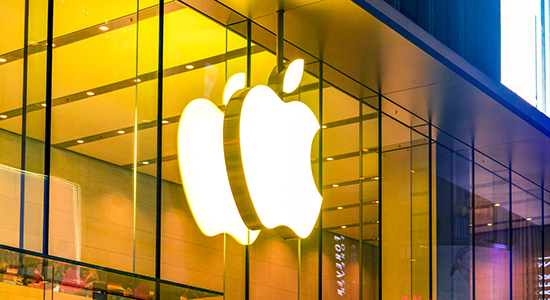
Apple has followed Google and Facebook in allowing consumers to download the data Apple has collected on them through https://privacy.apple.com.
Lawyers who use Apple applications may want to access this option. As noted in “Social Media: Who’s Got Your Data?” (Wisconsin Lawyer, May 2018), “the ability of various social media platforms to capture and perhaps review user data might pose a significant risk for lawyers who are unaware of this functionality and use these platforms in their practices.”
Lawyers have a duty of confidentiality, a duty to safeguard client information, and a duty to maintain requisite knowledge on the benefits and risks of technology.
Understanding what data Apple has collected from you while using its platforms may provide insight on what changes may be necessary to meet your obligations.
Source: Christopher C. Shattuck, Practice Management Advisor (Practice 411™), State Bar of Wisconsin
Got a Nugget to Share?
Send your ideas for interesting facts, trends, tips, or other bits and bytes to wislawmag@wisbar.org, or comment below.
By the Numbers
$780,000
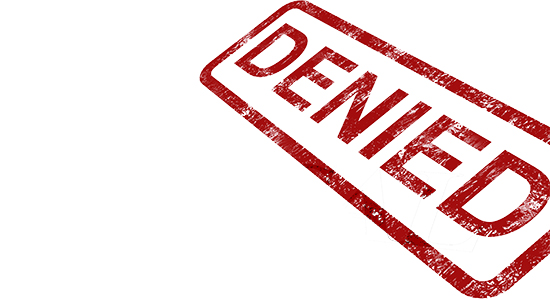
– The amount of damages a jury awarded in favor of two U.W.-Madison employees denied health care coverage for gender reassignment surgery under the state’s health insurance plan.
In September, U.S. District Judge William Conley of the Western District of Wisconsin ruled that a state regulation excluding coverage for gender-transition medical care constitutes sex discrimination under the federal Civil Rights Act and anti-discrimination provisions in the Patient Protection and Affordable Care Act.
The district court held a jury trial in October to determine damages.
Source: Wisconsin State Journal
On the Radar
Climate Change Goes to Court

A U.S. district judge in Oregon ruled in October that a lawsuit filed by a group of 21 youths can proceed to trial to determine whether the federal government is violating the constitutional rights of future generations with respect to climate change. The lawsuit will proceed without President Donald Trump as a named defendant, however.
The district judge noted that a plaintiff states a claim for a due process violation “where a complaint alleges knowing governmental action is affirmatively and substantially damaging the climate system in a way that will cause human deaths, shorten human lifespans, result in widespread damage to property, threaten human food sources, and dramatically alter the planet's ecosystem.”
The judge ruled that the case can proceed because the plaintiffs “have provided sufficient evidence showing that causation for their claims is more than attenuated.”
Source: The Oregonian
Good Ideas
The Legal Innovation Resistance
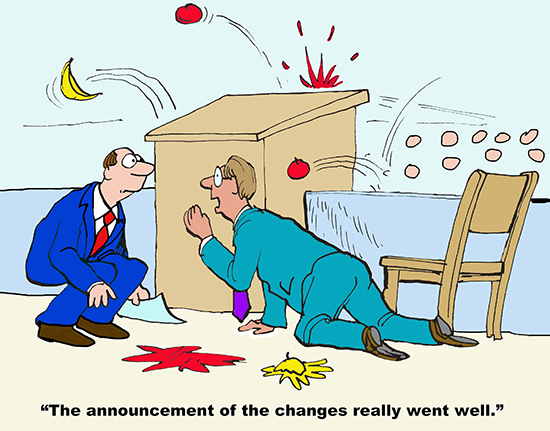
This month’s Wisconsin Lawyer features legal innovators who are tackling important issues on access to justice, diversity and inclusion, and legal service delivery. Legal innovation embraces an ever-changing legal world.
But as one commentator recently noted, there’s plenty of resistance to innovative change in the legal industry.
“Many lawyers have difficulty acknowledging – much less embracing – their industry consists of lawyers and technologists, process/project managers, entrepreneurs, financiers, operations managers, data analytics professionals, paraprofessionals, and machines,” wrote attorney and legal business consultant Mark A. Cohen, in a recent Forbes article.
“The profession relies upon legal culture, regulation, and historic buyer passivity to forestall change to an industry where access to legal services is severely restricted and customer dissatisfaction is high. The profession’s headwinds might prolong the journey of law’s transformation, but they will not alter its course or destination.”
How do you respond to the nay-sayers? Read “How to Answer the Anti-innovators” in this issue.
Did You Know
Considering Law School?
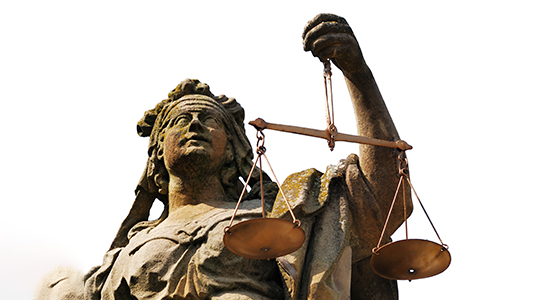
According to a recent study by the Association of American Law Schools, of the undergraduates likely to pursue an advanced degree, 15 percent are considering a J.D. degree, 14 percent an M.D. degree, 63 percent an a M.A. or M.S. degree, and 34 percent a PhD.
For undergraduates considering law school, 60 percent turn to family for advice before professors or college advisors.
More than half (55%) of law students said they considered law school before college, and 50 percent of undergraduates considering law school have at least one parent with an advanced degree.
Quotable
“Our goal is for the most simple legal issues to be handled entirely by robots and technology, so the average consumer will never have to know what a lawyer is. Meanwhile, lawyers will be freed up to handle really important issues.”
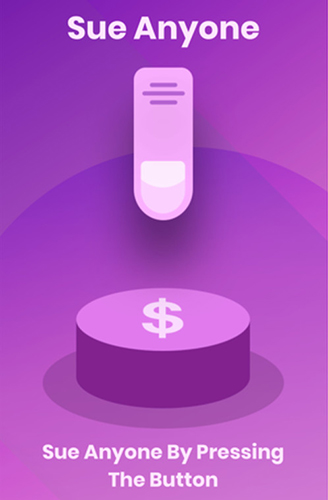
– Joshua Browder, founder of DoNotPay, originally launched as an automated, legal chatbot to help consumers fight parking tickets (for free).
Last year, DoNotPay – which has more than 1,000 functions enabled by artificial intelligence – upped the game with a new feature that helped U.S. residents prepare documents to sue Equifax for up to $25,000, in the wake of a massive data breach.
The company recently launched other free chatbots, through an iOS app, that help people fight bank fees, fix credit report errors, sue for data breaches, and obtain refunds for late package deliveries.
DoNotPay also helps consumers file small claims actions in all 50 states, through an app that obtains the information necessary to file the claim.
“[The app] then generates all the documents necessary for them to file their matter in the designated small claims court, including a demand letter, court filing documents, and even a script to read in court, as well as instructions for the consumer to follow,” according to Bob Ambrogi at LawSites.
Source: LawSites, ABA Journal; Forbes
